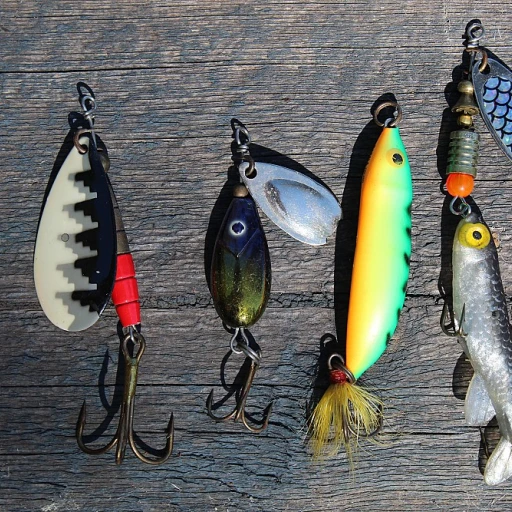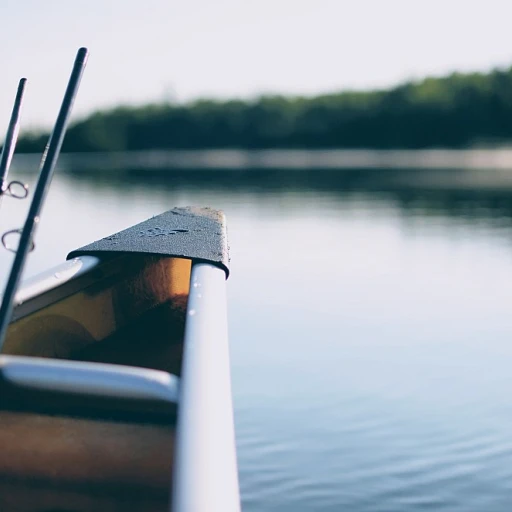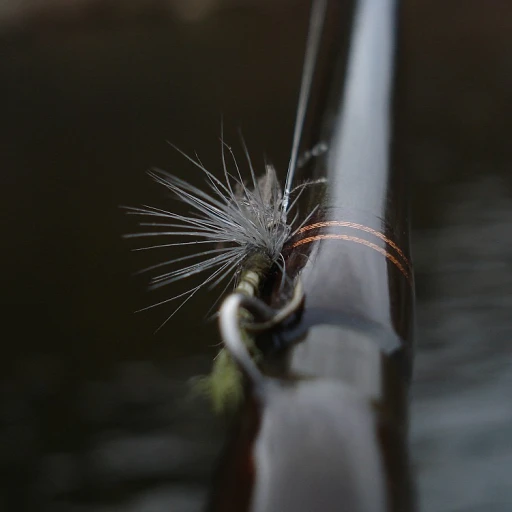
Le Choix du Matériel: Un Impact Dire sur les Milieux Aquatiques
Understanding the Environmental Impact of Your Fishing Equipment
When selecting your fishing gear, it's pivotal to consider its environmental impact, a concern shared by a growing segment of the angling community. Recent statistics indicate that a significant percentage of marine pollution originates from fishing equipment, with over 640,000 tonnes of nets, lines, and other tackle entering the oceans yearly (UN Environment Programme). The right choice of fishing equipment not only aligns with eco-friendly fishing trends but also ensures your contribution to maintaining aquatic biodiversity.
Material Matters: Selecting Sustainable Fishing Tools - Making informed decisions about the materials used in your fishing gear can enormously mitigate its ecological footprint. For instance, opting for lead-free sinkers and lures significantly reduces toxicity in water bodies, as nearly 1 million birds are estimated to die annually from lead poisoning (US Fish and Wildlife Service). By choosing alternatives made from tungsten, tin, or bismuth, you promote a sustainable fishing culture.
Act Local, Impact Global: The Ripple Effect of Your Fishing Gear Choices - The adage 'Think globally, act locally' is profoundly relevant to recreational fishing. By adopting environmentally-responsible fishing gear, you contribute to a global effort to safeguard aquatic ecosystems. Local waters serve as microcosms for the worldwide aquatic environment, and the choices you make reverberate beyond your immediate fishing spot. For instance, a single angler can influence up to several tons of bycatch reduction over their lifetime by choosing selective gear types that target specific species (NOAA Fisheries).
For an in-depth look at the influences your fishing practices may have on aquatic systems and how to enhance sustainability, visit our detailed examination on understanding recreational impacts on aquatic ecosystems.
Choosing Eco-Friendly Fishing Tackle: Beyond the Basics
Transitioning to eco-friendly tackle requires moving beyond traditional materials. High-performing equipment made from materials with low environmental footprints are not just theories but practical realities. For example, many modern fishing lines are now crafted to degrade more rapidly if lost, thus reducing their potential to harm wildlife. Tackling the problem requires innovation and commitment from both manufacturers and anglers. As per the data from the Ocean Conservancy, fishing lines can take up to 600 years to decompose, making the transition to more sustainable options an urgent imperative.
Can Your Hook Degrade? Exploring Biodegradable Fishing Tackle Options
Excavating Eco-Friendly Alternatives: Biodegradable Fishing Hooks
Fishing enthusiasts are often unaware of the lasting footprint their hobby can leave on aquatic ecosystems. A staggering statistic reveals that fishing gear, specifically hooks, are frequently lost and can linger in the environment for hundreds of years. Fortunately, biodegradable fishing tackle options are emerging as a responsible alternative. Biodegradable hooks, made from various compostable materials, aim to reduce the long-term impact of fishing. Although they're still gaining traction, these eco-conscious choices represent a significant step forward in sustainability efforts within the fishing community.
The Lifecycle of Your Fishing Hook
When considering the switch to biodegradable options, the degradation timeline is crucial. Traditional hooks, often made from metals, have an alarming degradation period that can span over centuries. In contrast, recent developments in biodegradable fishing tackle technology suggest that some of these green alternatives can start to decompose within months under the right conditions. By opting for these innovative products, anglers can dramatically minimize their ecological footprint, ensuring that their passion for fishing aligns with the urgent need to protect our aquatic habitats.
Angling for a Change: The Market for Biodegradable Tackle
Adopting biodegradable fishing tackle is not just a personal choice; it reflects a growing trend among eco-conscious consumers. Interestingly, market analysis shows a surge in demand for environmentally friendly fishing gear, with an increasing number of anglers willing to invest in products that promise a smaller ecological impact. Lowering recreational fishing's impact on local ecosystems begins with each individual's gear choices. This consumer shift is gradually shaping an industry where sustainability becomes the norm, rather than the exception.
Fishing Lines: The Unseen Threat to Aquatic Life
Pourquoi les Lignes de Pêche Présentent un Danger caché
La pêche récréative est une passion pour des millions d'individus, mais peu se rendent compte de l'influence latente des lignes de pêche sur les écosystèmes aquatiques. Selon une étude, il est estimé que des tonnes de monofilament et de ligne tressée sont abandonnées dans nos eaux chaque année, menaçant la vie marine à travers emmêlement et ingestion (World Fishing Tackle News, 2020). La durabilité de ces matériaux pose un problème en raison de leur longue dégradation, évaluée à plusieurs centaines d'années pour certains types de lignes de pêche.
Mettre l'accent sur les Solutions: Fil de Pêche plus Ecologique
Heureusement, la tendance vers l'utilisation de lignes de pêche biodégradables et plus respectueuses de l'environnement gagne du terrain. Ces produits innovants, fabriqués à partir de matériaux naturels tels que le PLA (acide polylactique), se décomposent beaucoup plus rapidement que leurs homologues synthétiques. Bien qu'ils représentent actuellement une petite partie du marché, leur adoption croissante pourrait considérablement réduire les impacts négatifs sur la faune aquatique.
Conseils pour une Pêche Responsable
Allier passion pour la pêche et conscientisation à la protection des écosystèmes est essentiel pour les pêcheurs responsables. Il est conseillé de suivre des pratiques telles que :
- Récupérer les lignes cassées et les bouts de ligne
- Utiliser des lignes biodégradables quand cela est possible
- Participer à des initiatives locales de nettoyage des cours d'eau
Ces efforts collectifs sont vitaux pour améliorer la santé de nos précieux écosystèmes aquatiques. Pour en savoir plus sur l'impact des pratiques de pêche et comment les améliorer, explorez des ressources comme l'éthique et la durabilité en pêche récréative.
Fishing Ethics: Implementing Practices that Preserve Our Waters
Embracing Sustainable Angling Techniques
The gentle lapping of water against the hull, the serene hush of the early morning mist; these are moments that recreational fishermen treasure. However, to ensure these experiences continue for generations, sustainable angling techniques must be at the forefront of our practices. According to a study published by a leading fishing magazine, adopting catch-and-release methods with proper handling can result in over 90% survival rates for caught fish, significantly curtailing the impact on fish populations.
Introducing Eco-Friendly Fishing Habits
Statistics reveal that an estimated 25% of anglers are now using some form of eco-friendly tackle. The transition to eco-conscious gear is not just a trend; it's becoming an essential part of how we interact with aquatic ecosystems. Initiatives such as using lead-free weights, which can reduce toxicity levels in water bodies, contribute to a healthier habitat for fish and other marine life.
Community Engagement and Conservation Efforts
Engaging with local fishing communities to promote awareness about the importance of preserving our waters is crucial. Data shows that community-driven habitat restoration programs can improve local ecosystems by up to 50%. Collaborative efforts bring together the passion and expertise of anglers, conservationists, and scientists to advocate for sustainable fishing practices and policies that protect our aquatic resources.
- Advocating for 'catch limits' to maintain fish population levels.
- Participating in 'clean-up events' to reduce litter and pollution in our waterways.
- Supporting 'no-fishing zones' to allow ecosystems to recover.
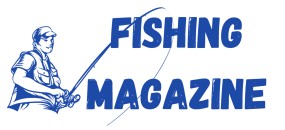
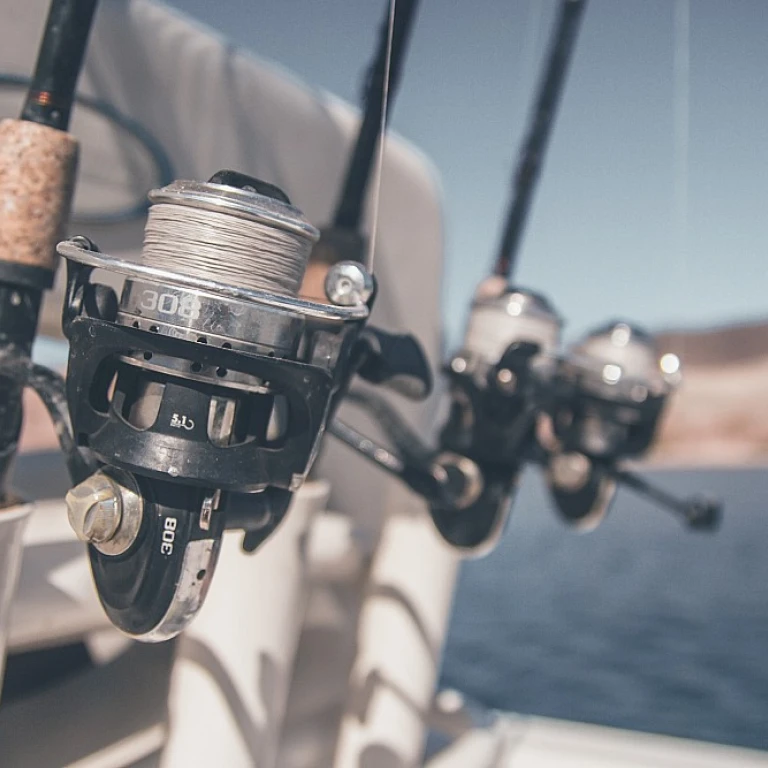
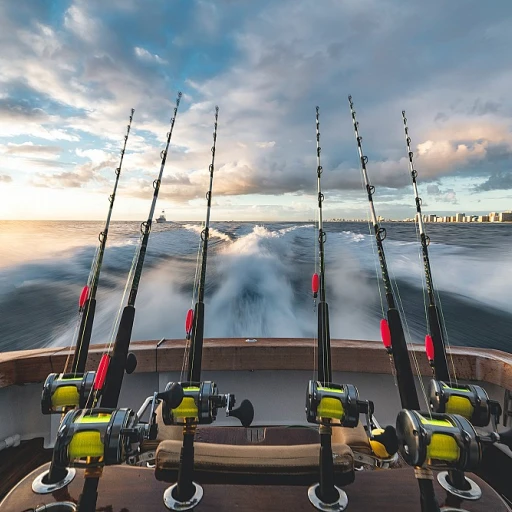
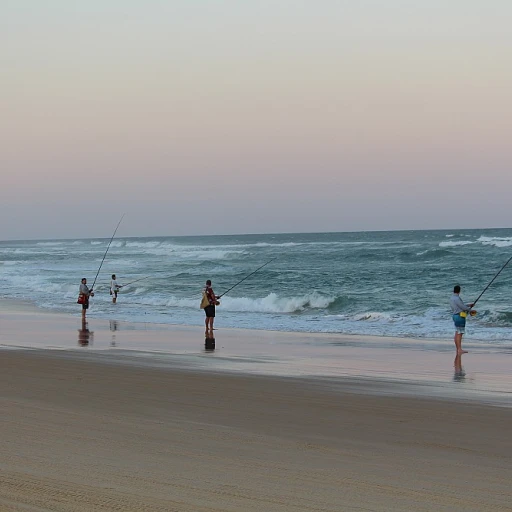

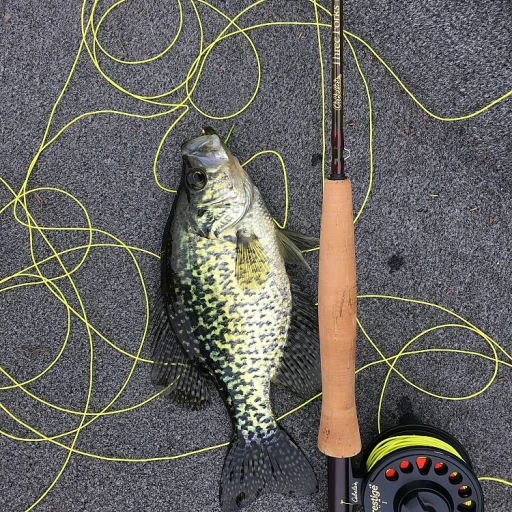
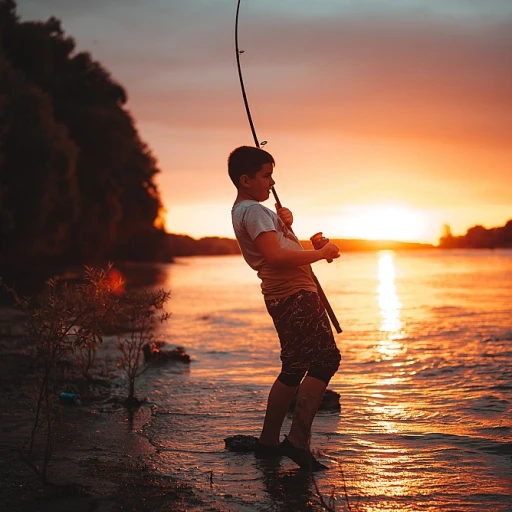
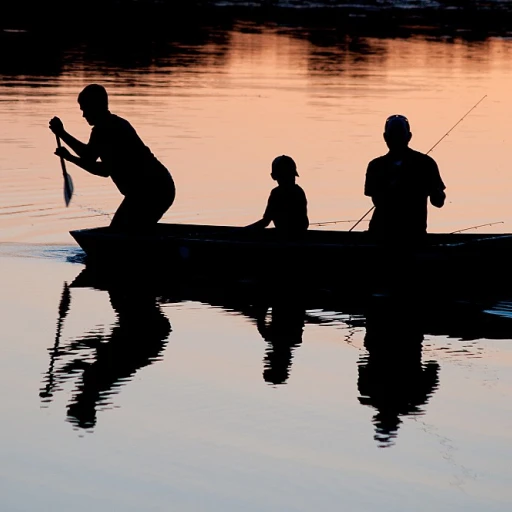
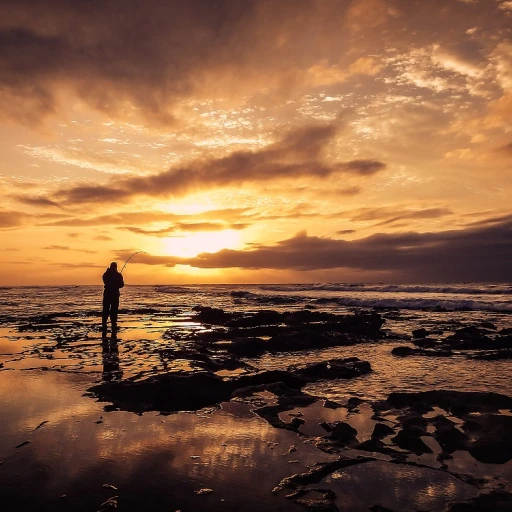
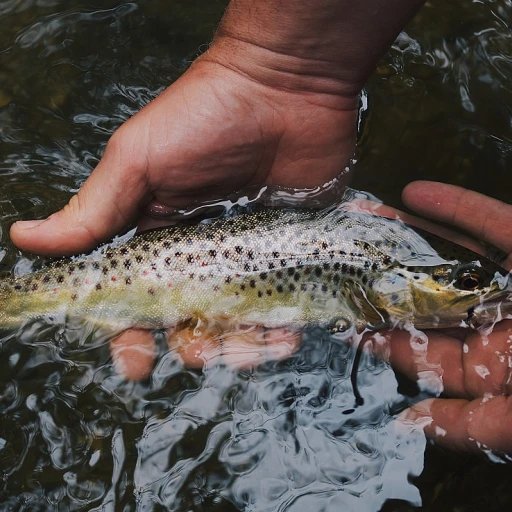
-large-teaser.webp)

